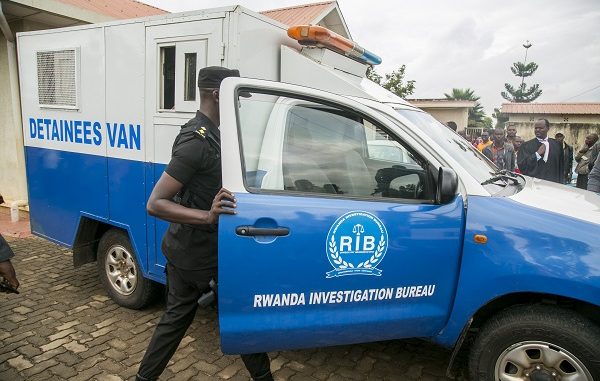

Covid-19 has understandably, by far, dominated news headlines in Rwanda over the last two years, pushing many other important subjects to the periphery. One of the subjects overshadowed by the pandemic in the public discourse is teen pregnancies, a major issue of concern in Rwanda for some time now.
Figures of teen pregnancies in recent years have been a damning indictment of Rwandan society to say the least, hovering around 20,000 a year.
Yet, it is believed that a significant number of perpetrators, including adult men, walk scot-free, often due to suspected cover-up involving close relatives of victims. This is partly because the perpetrators are either guardians or relatives of the victim, and therefore the family fears that coming forward would bring shame to all close relatives.
In some cases, the victims or their families, or both, are bribed into silence, or promised gifts and favours if they did not report the crime. As such, impunity has been a major driver of defilement and teen pregnancies.
However, there is a ray of hope on the horizon.
The Rwanda Investigation Bureau (RIB) has recently launched a nationwide crackdown on impunity for defilers, with 60 suspects already arrested in two districts of Rusizi and Gicumbi.
According to the RIB spokesperson, the operation is in response to a RIB report, which indicated that as many as 12,840 defilement cases had been recorded across the country between August 2018 and June 2021, representing an increase of 1,897 cases from the previous three-year period.
According to the report, it was established that 1, 163 of the cases were incest, underlining the involvement of close family members in fuelling teen pregnancies and jeopardising the future of young girls.
The clampdown is expected to be extended to each of the 30 districts, with investigators meticulously looking into every lead on suspected defilement cases that have gone unpunished.
It is, therefore, critical that the investigators are supported in this effort through sharing information about defilement offenses. Local leaders, parents and members of local communities across the country should fully collaborate in this campaign, it is to bear fruit, and help tackle one of the biggest challenges facing Rwandan society today.


